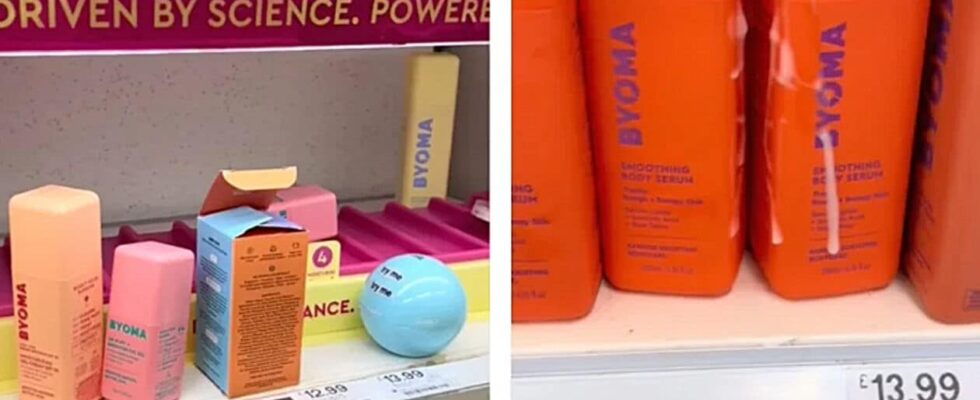Little girls rave about moisturizer and beg their parents to buy them anti-wrinkle cream. Children’s cosmetic videos are taking over TikTok, with thousands following elementary school students on the platform in the USA alone.
The trend focuses primarily on products from the French brand Sephora, which is why the trend has its name: Doctors warn about the health and psychological consequences for the “Sephora Kids”. In the clips, eight to twelve year olds pose with their hair tightly tied back Mirrors and imitate make-up tutorials by demonstrating their new cosmetic products. Celebrity beauty influencers test “Sephora Kids” Like prominent beauty influencers, the “Sephora Kids” test products from luxury brands, such as moisturizers for 76 dollars (70 euros). “How can these little girls spend so much on skin care?” a Sephora saleswoman commented on the children’s clips on TikTok. Dermatologists don’t believe in using the creams and lotions on children’s skin. Ingredients such as retinol are completely unsuitable for them. The US dermatologist Danilo Del Campo sees the consequences in his practice. “Visits to the doctor because of skin reactions caused by incorrect use of products have increased,” he says. “Many of the influencers enjoy greater trust than doctors. And most parents are not aware of the risks.”Lack of self-esteemIt’s not just damaged skin that worries the doctor. Some girls also suffered from low self-esteem. “They think they have to correct cosmetic defects that actually don’t exist,” says Del Campo about his experiences with the children. The saleswomen in the Sephora stores are also not happy about the new young customers. In videos they show vandalized dressing tables with spilled products. The company, which belongs to the luxury group LVMH, did not respond to inquiries from the AFP news agency.Psychoanalyst: TikTok trend not a harmless gameSome mothers see their girls’ videos as a harmless game. The psychoanalyst Michael Stora, who specializes in online behavior, accuses parents of using such videos to turn their children into fetishes. The girls in the videos “don’t play with dolls like you would expect at their age – they are the dolls,” he says. For her part, Solène Delecourt from the University of Berkeley, California, criticizes that the clips “contribute to a very stereotypical portrayal of Girls and women contribute to the Internet”. Delecourt researches social inequality and published a study in the journal Nature in February that found online images reinforce gender biases, particularly against women. The “Sephora Kids” videos worry them all the more. “This is not about women, but about little girls who are already subject to these strong social pressures,” says Delecourt.
source site-11
